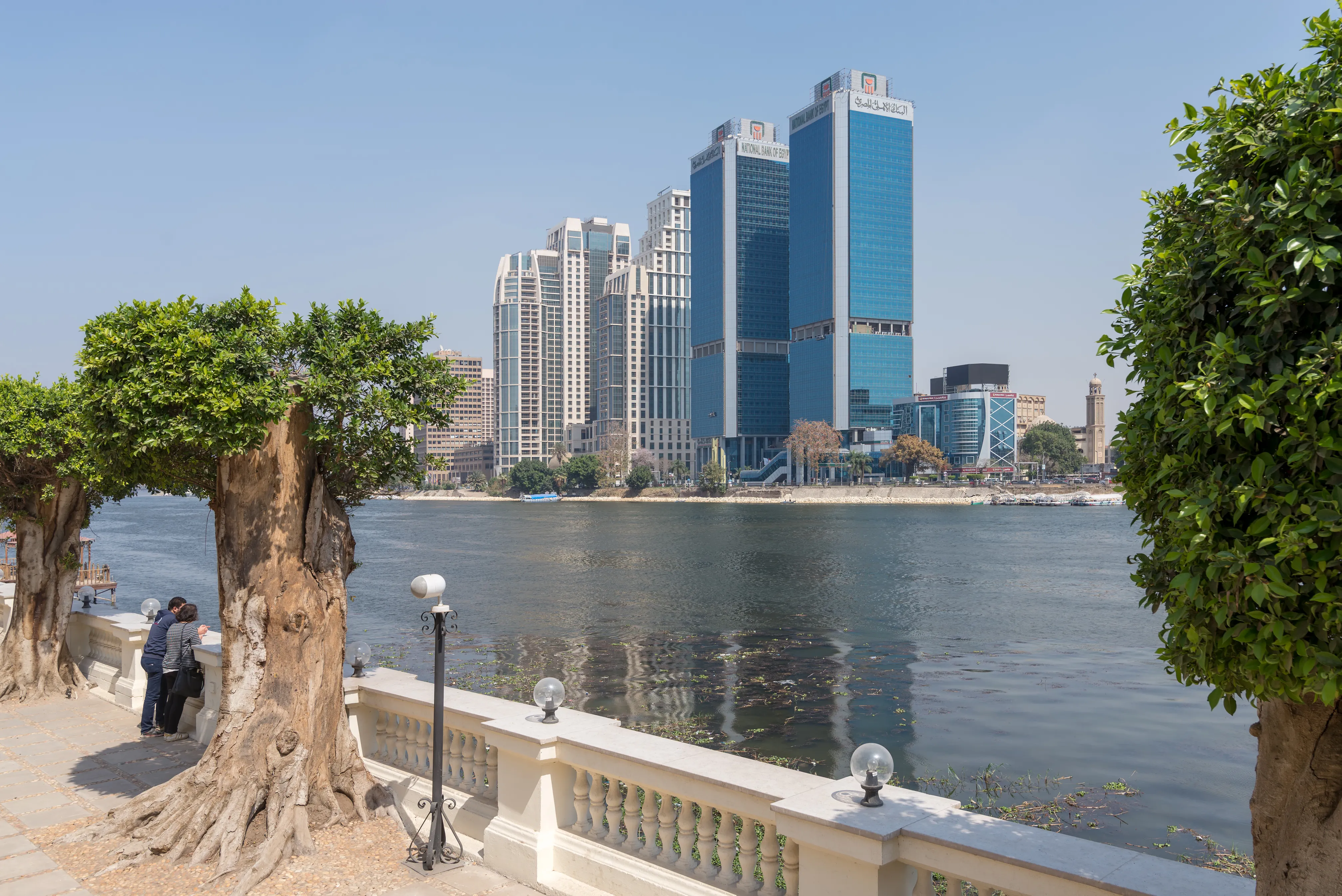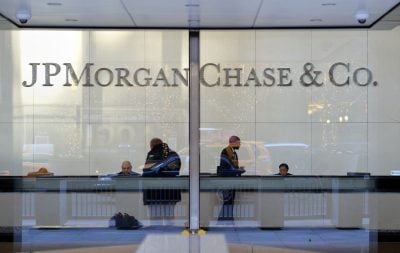National Bank of Egypt leads the way again in North Africa in our 2022 survey of Africa’s Top 100 Banks, with capital of $7.2bn, up from $6.7bn in 2021, while Banque Misr has risen from fourth to second place. It displaces Morocco’s Attijariwafa Bank, which sees its capital fall slightly from $6bn to $5.9bn. Egyptian banks as a whole are generating more substantial profits than their Moroccan counterparts.
Perhaps the strength of North Africa’s banks is best highlighted by the fact that eight of the 12 biggest African banks are based in the region (see the table in our main survey), while North African banks comprise almost half (19) of the continent’s 40 largest banks. At the same time, the overall strength of the region’s banking industry continues to increase.
Bank of Alexandria required $698m to make it into the regional Top 20 in this year’s survey, a big increase on the $600m that Crédit Immobilier et Hôtelier recorded to take the same position last year.
Moroccan and Egyptian banks dominate
The regional table is dominated by Moroccan and Egyptian entries. Although Egypt has by far the bigger population, Morocco has been a more stable economy over many years, with the private sector enjoying greater freedoms. One of the biggest differences between Moroccan and Egyptian banks is the extent to which the latter continue to focus on their larger domestic market.
By contrast, Attijariwafa Bank, Banque Centrale Populaire and Bank of Africa-BMCE Group are active in half of all African markets. Starting in West Africa they have expanded southwards, playing a key role in Morocco’s much heralded plan to boost trade with sub-Saharan Africa to compensate for lower growth in Morocco’s traditional trading partners in the European Union.
Reports in Morocco suggest that the 26 West African banks or subsidiaries owned by Moroccan banks account for between a quarter and a third of all bank accounts in Francophone West Africa. This would give them a collective market share greater than that of Ecobank, although individually they trail behind the pan-African bank.
After a decade of successful operation in the region, they are beginning to generate higher profits and in April Bank of Africa announced that it would pay $70m in dividends from the profits generated by its operations in Burkina Faso, Benin, Côte d’Ivoire, Mali, Niger and Senegal.
Bank of Africa now has a 26% share of the deposit market and 24% share of the loan market in Benin, and is similarly strong in Burkina Faso. However, the big test will come when Moroccan banks try to replicate this success in other parts of the continent.
However, this difference in the strategies of Moroccan and Egyptian banks could be fading. Egyptian companies are starting to pay more attention to opportunities further south and Egyptian banks are moving in to support them. For instance, National Bank of Egypt opened its first branch in South Sudan at the end of June to support investment in Africa’s youngest country by Egyptian firms, as well as to serve the many Egyptian workers operating there.
The regional Top 20
The Top 100 Banks survey ranks the banks according to their Tier 1 capital. This consists of: capital + reserves + retained earnings + minority interests. These are published in local currencies and then converted into US dollars at the exchange rates at the year-end date in the results (or on 31 December 2021), so changing FX rates can affect the ranking.
We collect the data from Bankers’ Almanac, Moody’s Analytics BankFocus and the in-house research of African Business, excluding some banks where data is old or unreliable. The table below lists the Top 20 banks in the Northern African region along with their positions in the continental ranking.
Want to continue reading? Subscribe today.
You've read all your free articles for this month! Subscribe now to enjoy full access to our content.
Digital Monthly
£8.00 / month
Receive full unlimited access to our articles, opinions, podcasts and more.
Digital Yearly
£70.00 / year
Our best value offer - save £26 and gain access to all of our digital content for an entire year!
 Sign in with Google
Sign in with Google 



